Comedy – Where do you Draw the Line?
September 13, 2018
Controversial comedians have been the most influential factors in stand-up history ranging from people like Dave Chapelle, Dick Gregory, Louis C.K., Sarah Silverman, and Jon Stewart. However true this may be, the calls for criticism have been an issue for the stand-up scene. For many comedians, controversial topics have been the foundation for their success and, frankly, the reason why people like me enjoy stand-up comedy so much. So, what’s all the opposition for? How do we know when a comedian has gone too far?
Ever since the dawn of social media platforms like Twitter, being held accountable for what you say and do has become part of life and the everyone’s Internet presence is monitored by the masses. Anything a comedian has said or done has been used against them and usually, it was out of context. To be fair, some criticisms have been vindicated and the comedians admitted ignorance.
Not too long ago, Louis C.K. performed for the first time since admitting to sexual misconduct in New York’s Comedy Cellar. After his performance, many people and fellow comedians were infuriated with his return. They felt it was too soon for his return, regardless of his apology. In this case, criticism is justified, and it is not the feelings of easily offended groups of people. In examples like this one, concern, and backlash from people all over the world are understandable.
Jessica Brown of Independent UK submitted an article explaining “political correctness is forcing more comics to deliberately tip-toe around issues of race, class, and sexuality.” The irony of it all is that that’s how stand-up became so integral to society. Poking fun at the people in high authority and stereotypes is relieving for many comic audiences because of how closely it unifies a stand-up comic’s diverse audience. If we as a collective society can make light of the ignorance and misconceptions of people that surround us, there will be a deeper understanding and connection between one another. After demonstrating how silly and outlandish intolerance and stereotypes are, the people in the audience and at home will be less likely to adhere to the stereotypes and misconceptions of groups of people. Society’s change in attitude, however, has thickened the line comedians must not cross.
This growing emotional evolution in our society has not only divided up the nation itself but divided comedians and their audiences. Social reform has impeded the stand-up material focus and writing process, according to old school and returning comics in 2018. Some feel they cannot be as genuine in their set and are very limited in the way they perform on stage. I would like to note, however, that truly talented comedians will always find a way to remain true and talented even with these impediments and societal changes. It’s true that the world is only going to keep evolving and us with it so, adaptation is key. But, there is an obvious and permanent polarization that does produce difficulty for stand-up comics to say and do as they please in their own way. They don’t seem to be doing what they do for themselves anymore. Comedians are conflicted about whether to appeal to the masses or just to their loyal fans.
On one side, any type of joke is just that. A joke. It shouldn’t be possible for any comedian to offend if the goal is to bring a smile to people’s faces. ‘Offending’ people is considered a necessary component in the art of comedy and audiences nowadays are just too sensitive. However, the opposing side argues stand-up comedians are too offensive and the claim that jokes should never be taken to heart is also offensive. Both sides are on completely opposite spectrums of the same plane.
At the end of the day, it’s impossible to please and satisfy everyone who watches stand-up performances. Criticism is inevitable but it’s also a step towards greater success for any comic. Learning what pleases the majority and applying it to a stand-up set is the most beneficial business plan. Yes, many comedians have asserted that they would perform the way they see fit for themselves regardless of backlash. You either like it or you don’t. Dave Chappelle expressed in his recent Netflix special “Equanimity and the Bird Revelation” that he never intends to offend any of his audiences with his comedy set, however, if a few audience members do not find his jokes tasteful, he doesn’t think it’s his issue. Although this is vindicated and reasonable, I believe we must continue to move forward as the world changes. As a fan of old-school stand-up, I think attempting to restart the clock is futile no matter how much you dislike current changes in social attitudes. Let’s look forward from now on shall we?

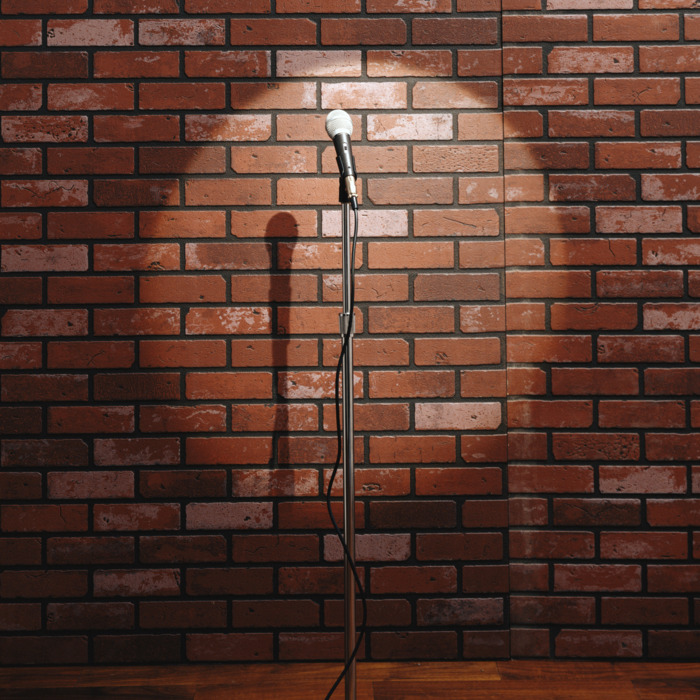

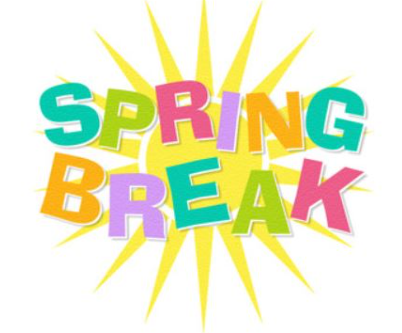

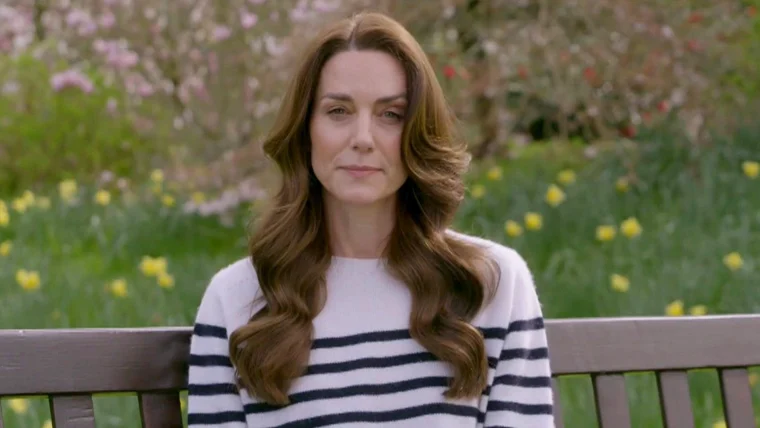


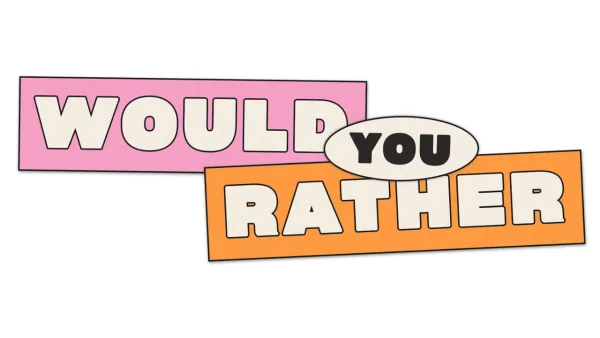




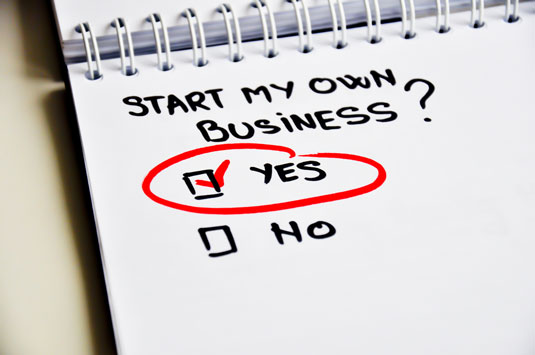
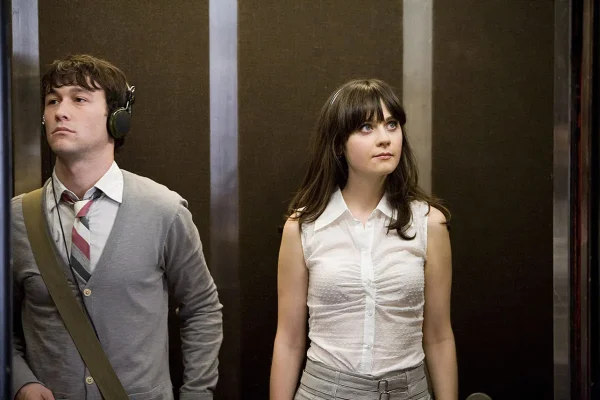


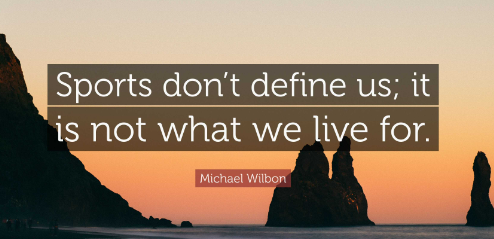

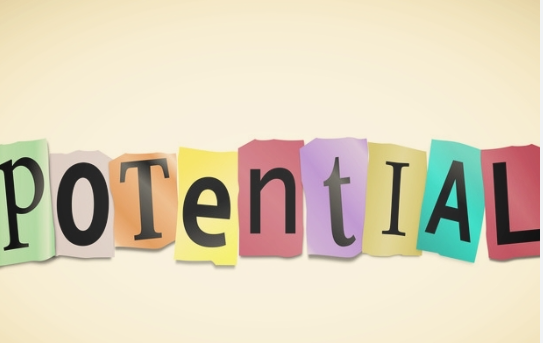

Erin Yaney • Oct 31, 2018 at 6:56 pm
This is very interesting! With the dramatic incline of the use of social media, more and more people are getting “cancelled” left and right. It’s good to see different viewpoints on things like this!
Natalie Mosso • Oct 29, 2018 at 6:24 pm
Your view on the situation is enlightening. I, too, think that comedy can bring people together and make them understand society’s political turmoil. Comedians staying true to themselves is what makes them hilarious and honest. Great article!
Madison Castello • Oct 22, 2018 at 5:02 pm
I thought this was a beautifully written article! I loved your elevated diction and argumentative points. And I completely agree. Its totally okay for comedians to make jokes regarding serious situations because they are performing for laughs and mean no offense towards the audience. Overall a wonderful article.
Avery Skinner • Oct 17, 2018 at 1:40 pm
I agree that it’s impossible for comedians to please everyone, and that we can’t take jokes too seriously. Great article!